Internet Safety Tips: The Imperative and 12 Essential Tips to Navigate The Internet Safely.

The Web:
The internet has become an integral part of our daily lives, opening up a world of information and connectivity. However, it’s crucial to navigate this vast virtual landscape with caution. Here are some fundamental internet safety tips to ensure a secure online experience.
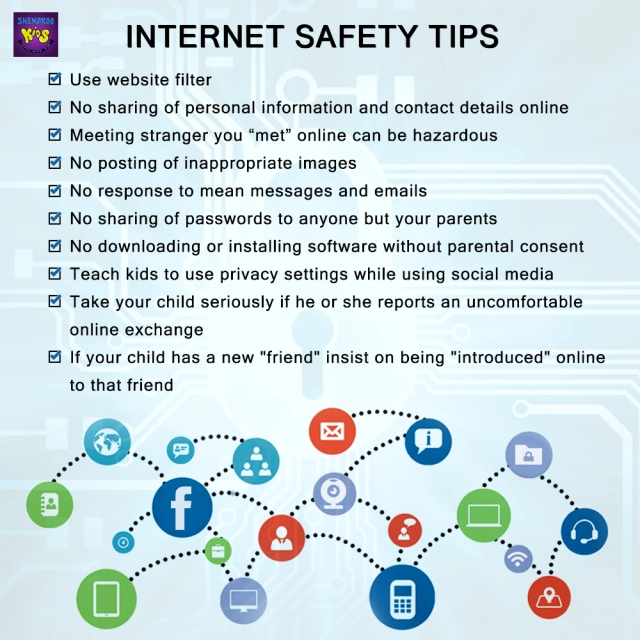
12 Internet Safety Tips:
1. Strong Passwords:
Use unique, complex passwords for each online account. Incorporate a mix of uppercase and lowercase letters, numbers, and symbols to enhance security. Regularly update passwords and avoid using easily guessable information like birthdays or names.


2. Two-Factor Authentication (2FA):
Enable 2FA whenever possible. This adds an extra layer of security by requiring a second verification step, typically through a code sent to your mobile device or email. This significantly reduces the risk of unauthorized access.
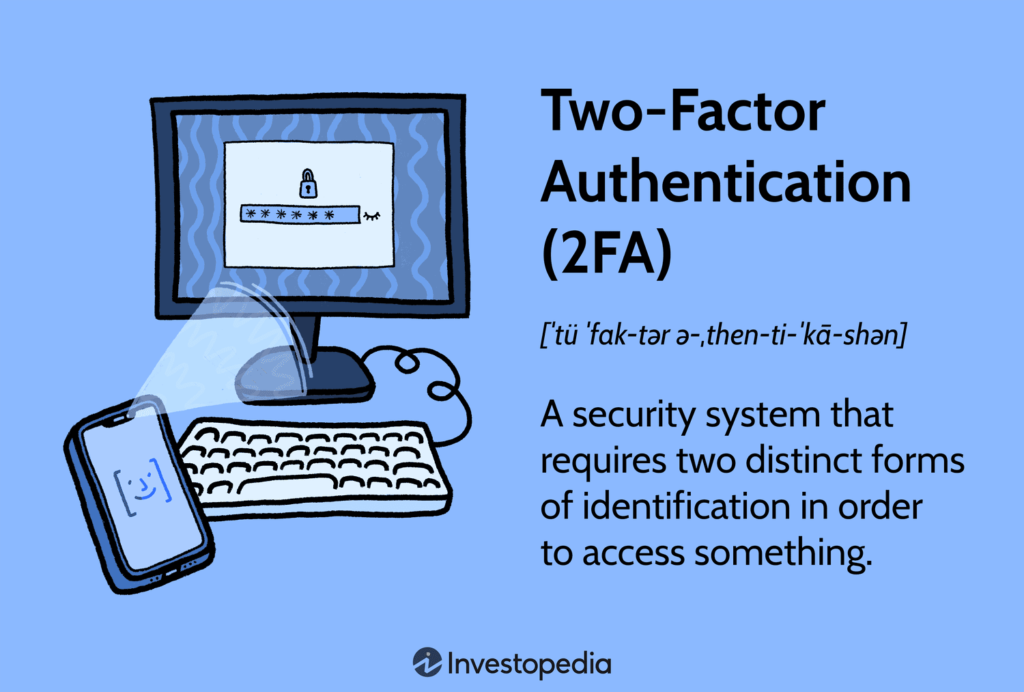
3. Update Software Regularly:
Keep your operating system, antivirus software, and applications up to date. Developers frequently release updates that address security vulnerabilities, and staying current helps protect your system from potential threats.

4. Be Cautious with Personal Information:
Avoid sharing sensitive personal details, such as your full address, phone number, or financial information, unless absolutely necessary. Be mindful of what you post on social media platforms, as oversharing can make you a target for scams or identity theft.
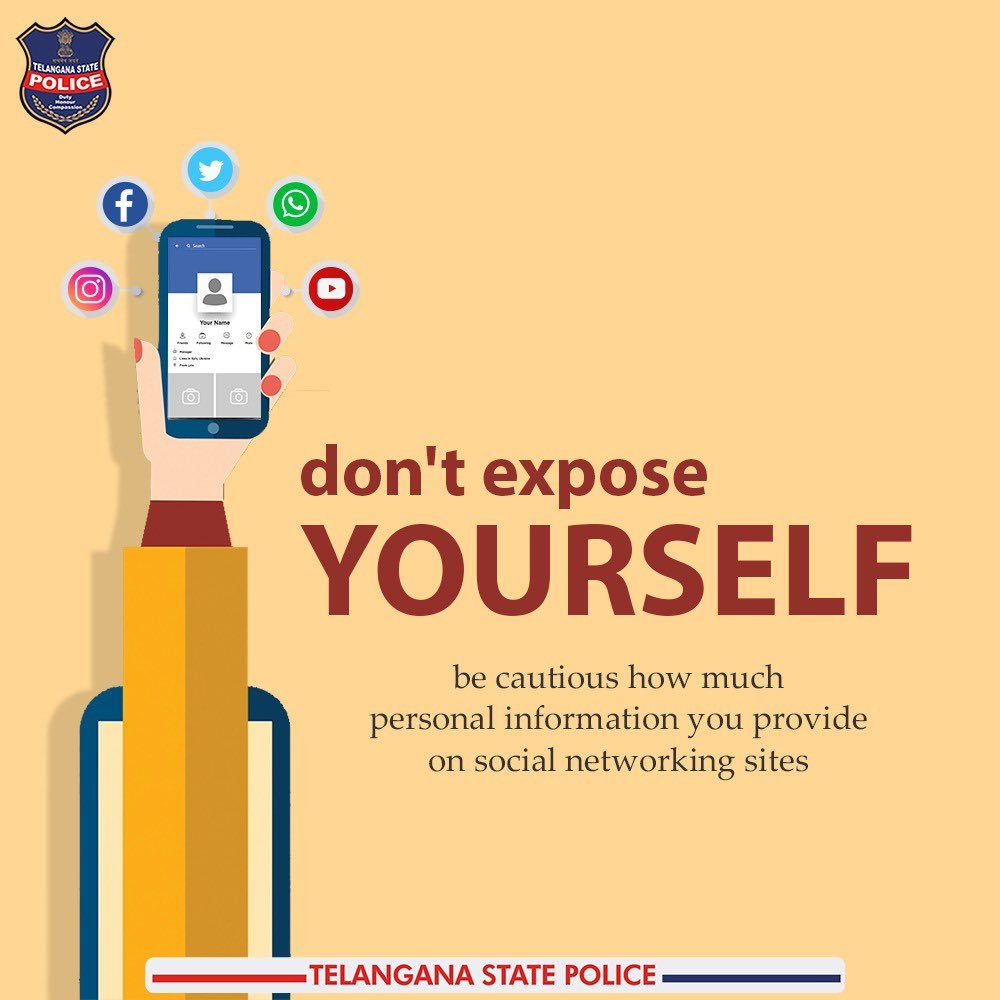
5. Use Secure Wi-Fi Connections:
When accessing the internet, use secure, password-protected Wi-Fi networks. Avoid connecting to public Wi-Fi for sensitive activities like online banking, as these networks may lack proper encryption, making your data vulnerable to hackers.

6. Beware of Phishing Attempts:
Be skeptical of unexpected emails, messages, or pop-ups asking for personal information. Legitimate organizations typically don’t request sensitive details through unsolicited communications. Verify the source before clicking on any links or providing any information.
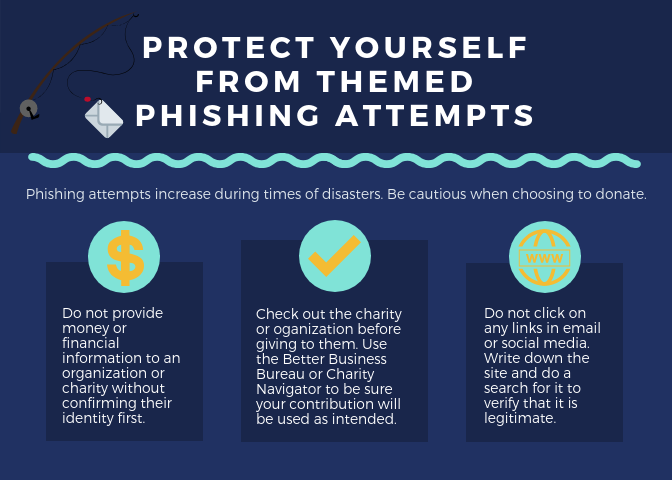
7. Safe Browsing Habits:
Stick to secure websites with “https://” in the URL, indicating an encrypted connection. Avoid downloading files from unknown sources, as they may contain malware. Use reputable browsers and install browser extensions that enhance security.

8. Educate Yourself on Scams:
Stay informed about common online scams, such as phishing, lottery fraud, or fake tech support calls. Be wary of unsolicited emails promising huge rewards or urgent messages that pressure you to act quickly.
9. Monitor Bank and Credit Card Statements:
Regularly review your financial statements for any unauthorized transactions. Report any discrepancies to your bank or credit card company immediately. Early detection can prevent further financial damage.

10. Child Safety Online:
If you have children using the internet, set up parental controls and educate them about the importance of online safety. Monitor their online activities and encourage open communication about any concerns they may have.

11. Secure Social Media Privacy Settings:
Adjust privacy settings on social media platforms to control who can see your personal information and posts. Be mindful of what you share, considering the potential impact on your online safety.
12. Backup Important Data:
Regularly back up essential files and documents to an external hard drive or a secure cloud service. In case of a security breach or device failure, having a backup ensures you don’t lose critical information.
By adopting these internet safety practices, you can navigate the online world with greater confidence, safeguarding your personal information and ensuring a secure digital experience. Stay vigilant, stay informed, and enjoy the benefits of the internet responsibly.
In an era dominated by the digital realm, the importance of internet safety tips cannot be overstated. The internet, a vast and interconnected space, provides unparalleled opportunities for communication, information access, and entertainment. However, it also presents potential pitfalls that can compromise personal security, privacy, and overall well-being. Understanding and adhering to internet safety tips are essential for individuals and communities, serving as a digital compass to navigate the virtual landscape responsibly and safely.
Importance of Internet Safety Tips:
1. Protection Against Cyber Threats:
The digital landscape is rife with cyber threats, ranging from malicious software to sophisticated phishing schemes. Internet safety tips act as a robust defense mechanism, offering users practical guidelines to shield themselves from these threats. By adopting secure practices such as using strong, unique passwords and enabling two-factor authentication, individuals can significantly reduce the risk of falling victim to cybercrimes.
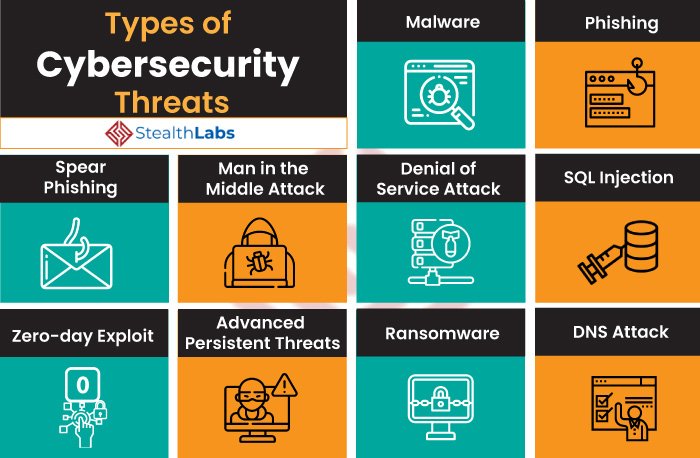
2. Preserving Personal Privacy:
The internet is a repository of personal information, and safeguarding privacy is paramount. Internet safety tips emphasize the importance of controlling the information shared online. By adhering to guidelines such as adjusting privacy settings on social media, being cautious with personal details, and avoiding oversharing, users can maintain control over their digital identity and mitigate the risk of identity theft.
3. Mitigating Cyberbullying and Harassment:
As the digital space becomes an extension of our social lives, cyberbullying has emerged as a significant concern. Internet safety tips promote responsible digital behavior, discouraging online harassment and fostering a culture of respect. By creating awareness about the impact of cyberbullying and encouraging users to report and block abusive behavior, these guidelines contribute to a safer online environment.
4. Fostering Responsible Digital Citizenship:
Internet safety extends beyond personal protection; it plays a pivotal role in shaping responsible digital citizens. Educating users about the ethical use of technology, respecting digital boundaries, and understanding the consequences of online actions contribute to a culture of responsible digital citizenship. By adhering to internet safety tips, individuals actively participate in creating a positive and ethical digital community.
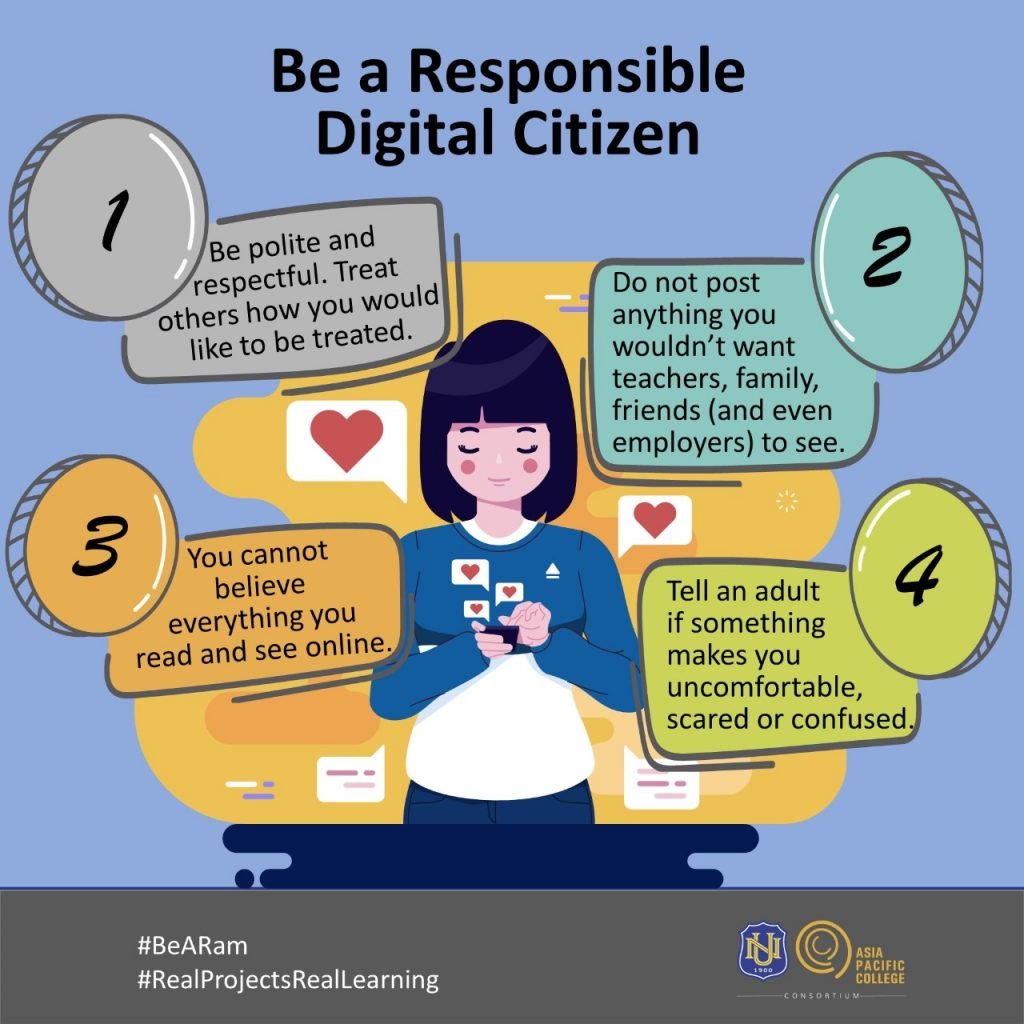
5. Safeguarding Children’s Online Experience:
With the increasing integration of technology into education and entertainment, children are exposed to the internet from a young age. Internet safety tips designed for parents and guardians become indispensable in ensuring a secure online experience for children. These guidelines help establish parental controls, limit exposure to inappropriate content, and educate children about responsible online behavior.
6. Ensuring Secure Financial Transactions:
The digital era has revolutionized how financial transactions occur, making the security of online payments crucial. Internet safety tips guide users in adopting secure practices when conducting financial transactions online. Recommendations such as verifying the legitimacy of websites, using secure payment methods, and being cautious with financial information help individuals protect themselves from potential financial fraud.
7. Cultivating a Culture of Continuous Learning:
The digital landscape is dynamic, with cyber threats constantly evolving. Internet safety tips encourage a culture of continuous learning and adaptability. Staying informed about emerging cyber threats, updating software regularly, and being aware of the latest security measures empower individuals to navigate the ever-changing digital environment with confidence.
8. Enhancing Trust in Digital Interactions:
Trust is the foundation of meaningful online interactions. Internet safety tips contribute to building and maintaining this trust by fostering a sense of security among users. When individuals follow best practices for online safety, they contribute to a collective effort that strengthens the foundation of trust in digital interactions.
In conclusion, the importance of internet safety tips is intrinsic to the responsible use of the digital realm. These guidelines serve as a roadmap, guiding users through the complexities of the internet while prioritizing security and ethical conduct. In a world where the internet is an integral part of daily life, embracing and promoting internet safety is not only an individual responsibility but a collective commitment to fostering a secure and positive digital environment for all.













